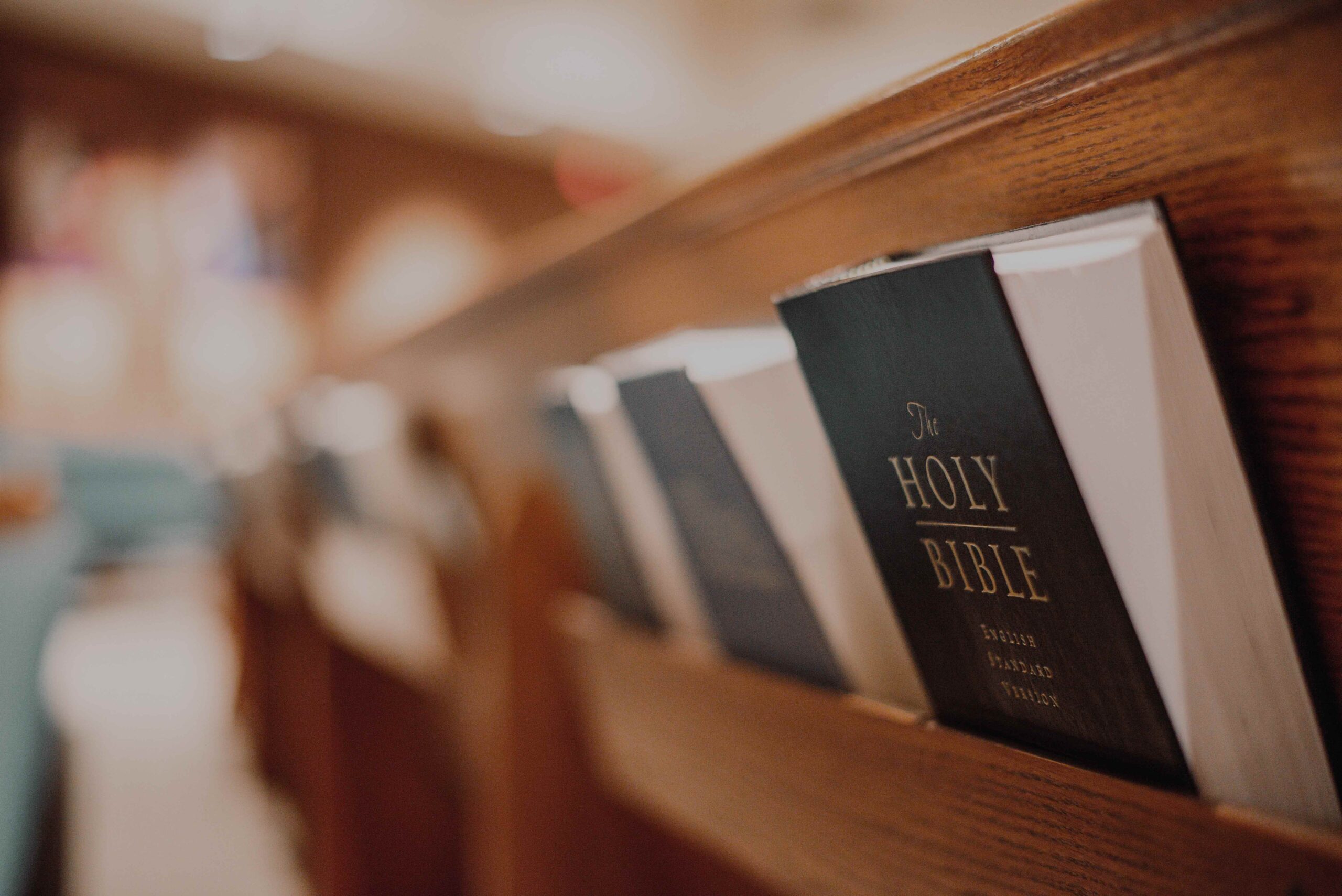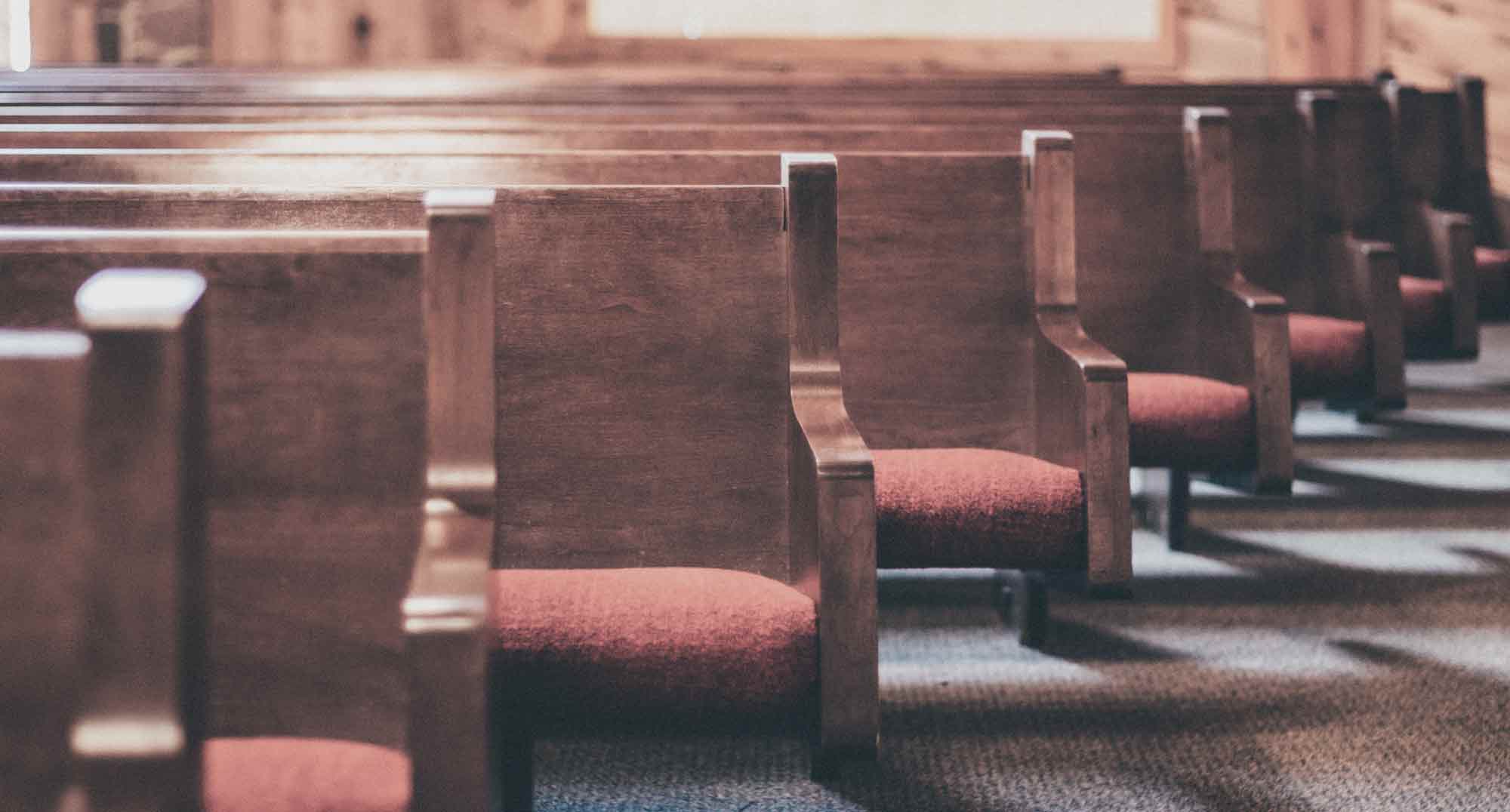Finding Our People
LEAH FARISH|GUEST Abraham was called to leave his birth-land and go to a new place, to be the father and founder of a great nation. After a long life on this mission, he “died in a good old age” (Genesis 25:8). Then Scripture says he was “gathered to his people” (Gen. 25:8). What people? He was the first of a new people. True, his wife Sarah had preceded him in death, but that’s not much of a crowd awaiting him on the other side. He was buried far from his earthly relatives, so the phrase doesn’t just refer to being buried in a family cemetery. Quickly we wade into theological depths I am not able to navigate. But what’s clear is that Abraham was gathered to people who are alive in God. Isaac and Jacob are also said to have been “gathered to [their] people.” Much later, Jesus was talking to the Sadducees, who didn’t believe in the resurrection, in Luke 20:38. He said that God is not the God of the dead, but of the living. Then He followed with a surprising statement: God is “the God of Abraham, Isaac, and Jacob.” All three were dead at the time! The Pharisees twice said that Abraham was dead (John 8:52-53). Why didn’t He say, “God is the God of you, and me, and Caesar, and the shopkeeper over there”? Instead, Jesus explained this paradox to the confused Sadducees in Luke 20:38: “for to God all are alive.” These are the people Jesus calls “sons of the resurrection,” who “cannot die anymore” (Luke 20:36). These are our people. We believers are members of a people, some of whom live this side of death on their way to glory, and some rejoicing on the far shore. Hymn writers and preachers have derived comfort for centuries from this truth...










